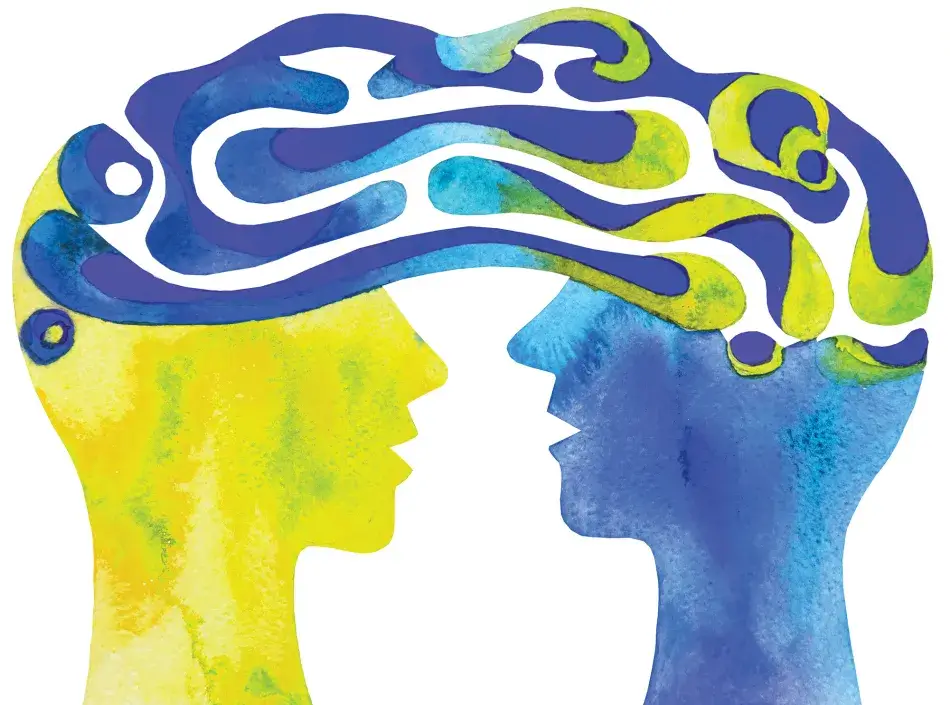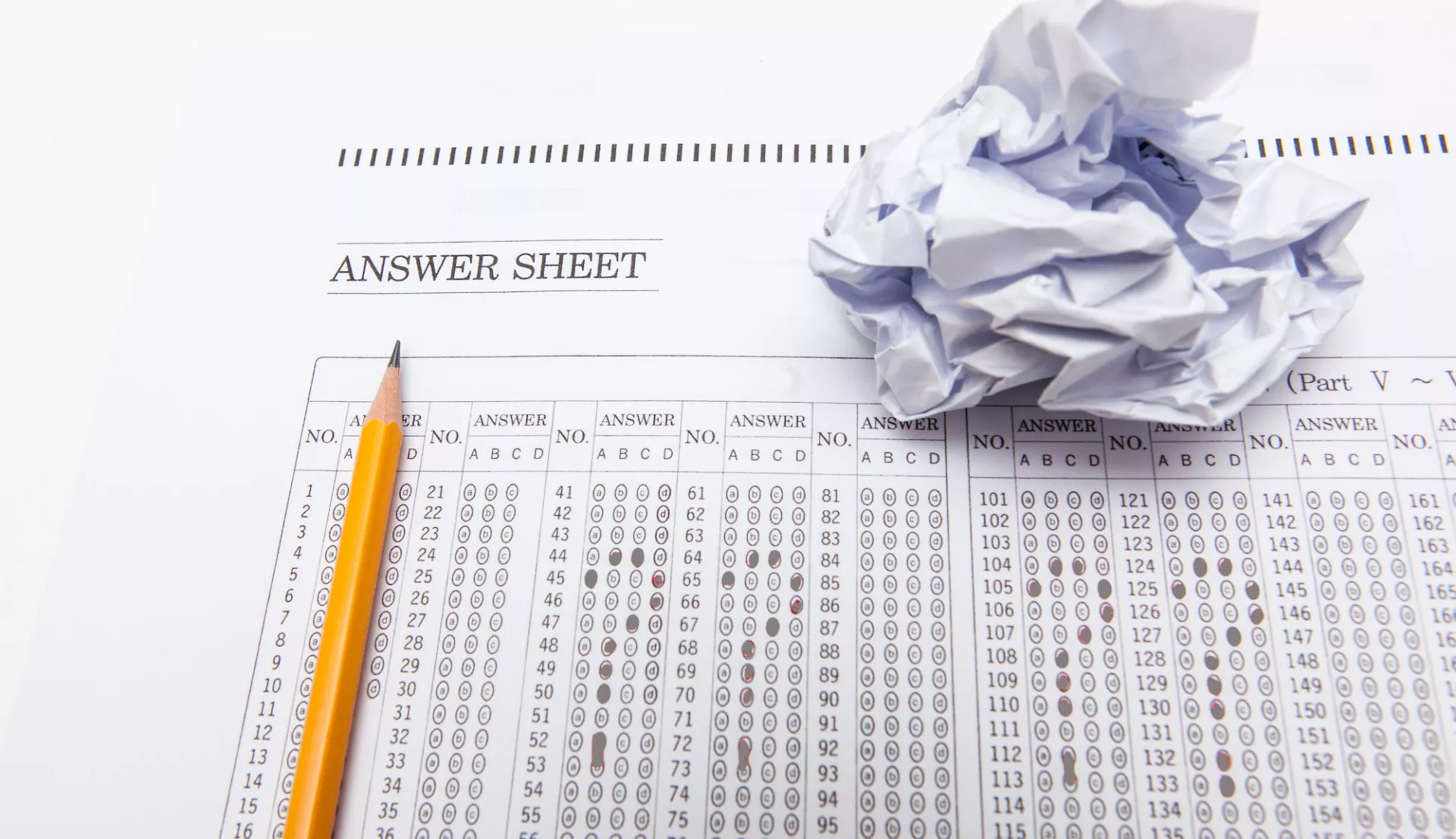In the beginning of this semester, we were asked to complete the Module 6 assignment. This assignment consists in taking notes on readings of our choice from a list of resources and websites that Professor Zucker gave us. Our notes needed to be related to the topics and ideas from the readings, and we needed to reflect on the implications of these ideas in teachers and learners. As I was reading and taking notes, I realized that there was a connecting thread among the readings that I was choosing to include in my Module 6 graphic organizer. We live in a society where there is so much inequality, and the school system that we have to navigate isn't made with the objective to provide an equal quality of education for all. As educators, we strive to achieve equity and to provide the best quality of education to every student, regardless if they don't count with the same opportunities as others. These texts that I included in my Module 6 organizer reflect the constant work that teachers put into providing their students with quality education, teaching empathy, and questioning the systems that exist in our day to day lives in schools.
High Stakes Testing and Standardized Curricula
The article that I want to include in this section is called "Finding a Balance: Navigating High-Stakes Testing and Standardized Curricula for Joyful Teaching and Learning." by Samantha Musa and Kevin Cataldo. This article mentions one concept that I find to be incredibly interesting which is joyful teaching. Musa and Cataldo refer to joyful learning as, "Joyful teaching and learning captures a variety of emotions, ideas and situations. It ranges from the excitement of inspiring students, seeing them grow as individuals and academics, and the incidental learning that can only exist within a school building." (1) This concept is very important, especially because many of the systems that we have in place disrupt joyful teaching and learning. As a former ESL student, having to take standardized tests only served me as a source of anxiety throughout my high school years. The curriculum of many schools is not designed to serve every single student, like me many years ago, there are students that do not count with the same resources or abilities to get the best grade possible for a standardized test. Standardized testing isn't effective because every student's experience in school is not standardized. There are many factors that affect student's abilities to learn and complete a test, and measuring their capacities based on just one test doesn't capture the full range of intelligence of every student.
Book Bans in Prisons and Literacy
I found the article called "Book Banning in US Schools and Prisons as Modern-Day Slave Codes." to be the most interesting and the one that made me reflect a lot on the systems of power that we live under. This article mentions the history of banning books in the United States, and how literacy has been historically denied to oppressed groups of people in this country, specifically Black Americans, and how there is a tight relationship between the mass incarceration of black people, and modern-day slavery. One of the main points that Brianna Rae Johns, the author of the text brings up is that there is such thing as literacy oppression, and it is manifested in book bans in places such as prisons and schools, she says, "According to the Equal Justice Initiative, courts have granted jail officials the power to limit access to reading materials deemed a significant security risk in prisons. However, there are inconsistencies in laws across several states, resulting in the banning of books related to American history, civil rights, and human rights, particularly those authored by Black writers" (40). These tactics of banning books are used in order to erase the history of oppressed groups in this country is very telling of the racism that still exists in our society. Literacy is essential, reading and having critical thinking skills helps people know what their rights are, and know when there is an injustice happening in front of them. Giving everybody the same opportunities for education is absolutely important, and banning books and hiding parts of the history only because these books have perspectives that are different to what has always been believed by the majority of people in this country is not right in any way.
Teaching Empathy to students 
The article "Why We Must Teach Our Students Empathy" by Dr. Paul M. Rogers is the one that I feel like we all need to read, and the article that gives the solution to many of the issues that the other articles have brought up. Rogers includes a quote that I find to be really important for this idea, which is "If we want our students to reach their full potential—socially, emotionally, and academically—we must remember that social intelligence and empathy must be experienced from the inside out." Empathy is a foundational quality that needs to be inculcated in everybody since they are very young. Without empathy, it is not possible for communities to thrive, and by helping one another, everybody can move forward and achieve great things in life. Empathy helps us understand the situations that other people go through, and even if we are not the ones experiencing any negative things, we can still understand and sympathize with other people. We live in a society that values individualism and personal benefit over helping others, and the way that we as educators combat that is by teaching students that school isn't a competition, and that the best way for everybody to learn is by having a community where people can help each other. Fostering empathy in the classroom makes sensible people in the future, who are capable of understanding and willing to stand up for others when there are injustices happening around them. Teaching students that it is gratifying to help others, and that we shouldn't expect anything in return is very important, so we can help those that don't have the same resources and opportunities that we have, and we can fight for those that need to be defended.
Reference List
Johns, B. R. (2024). Book banning in US schools and prisons as modern-day slave codes. New Jersey English Journal, 13(2024), 40–44. https://digitalcommons.montclair.edu/nj-english-journal/vol13/iss2024/11/
Musa, S., & Cataldo, K. (2024). Finding a balance: Navigating high-stakes testing and standardized curricula for joyful teaching and learning. English Journal, 113(3), 37–42. https://publicationsncte.org/content/journals/10.58680/ej2024113337
Rogers, P. M. (2023, December 12). Why we must teach our students empathy. National Writing Project. https://www.nwp.org/blog/why-we-must-teach-our-students-empathy



No comments:
Post a Comment